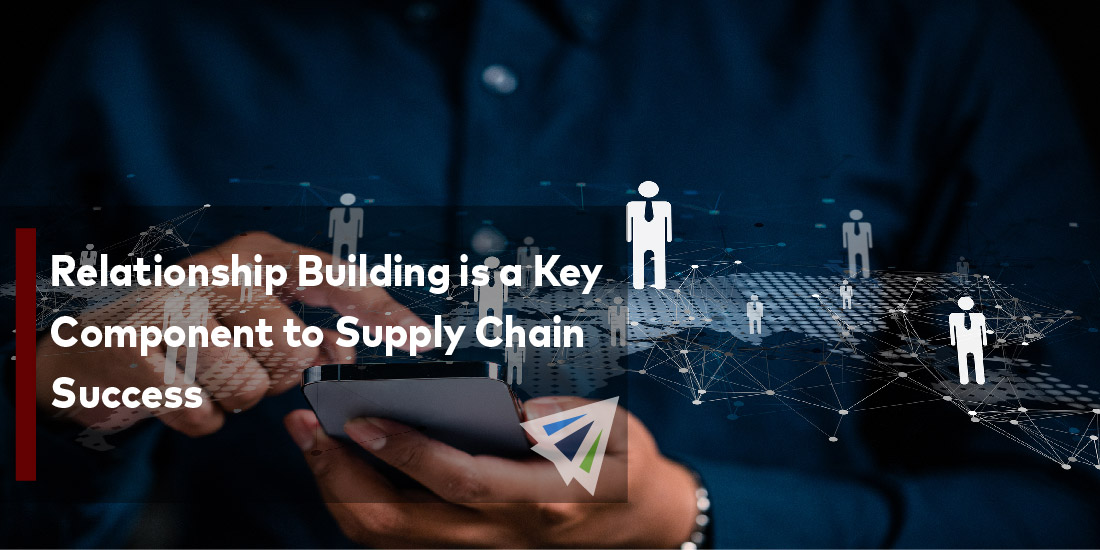In the complex and fast-paced field of supply chain management, where dependability and efficiency are critical, one element that is sometimes disregarded yet is crucial to success is developing relationships. While data analytics and technology are important, building good relationships with partners throughout the supply chain is also essential to successful and long-lasting operations.
The Power of Human Connection
Even at a time when conversations are dominated by technological innovations, the human touch is still superior. Developing strong ties with manufacturers, distributors, suppliers, and logistics partners is not just a recommended practice but also a critical strategic requirement. These connections serve as the framework for an adaptable and robust supply chain.
The foundation of a good partnership is effective communication. An atmosphere where communication is clear and open allows information to flow easily. A culture of communication strengthens the connections in the supply chain and facilitates quick and well-informed decision-making, whether it be through the exchange of demand projections, the resolution of possible issues, or joint work on creative solutions.
Collaboration at the Forefront
Another essential component of developing relationships in the supply chain is collaboration. Developing a collaborative mentality makes partners strategic allies rather than just transactional entities. Beyond the current transaction, collaborative activities involve working together to find new and creative methods to improve productivity, save expenses, and develop procedures.
The foundation of long-lasting connections in the supply chain is trust. Gaining trust requires being transparent, dependable, and committed to each other’s success. A sense of confidence and predictability is fostered in the supply chain when every link can rely on the others, which lowers uncertainty and mitigates risks.
Relationship development goes beyond transactional interactions and include learning about the particular requirements, difficulties, and objectives of every supply chain partner. This increased comprehension enables proactive adaptations to suit changing needs and customized solutions. It involves more than merely carrying out agreements; it involves lining up interests to ensure long-term success.
The human element now sets you apart in an era of ever-improving technology. Although automated procedures expedite operations, human connection gives a degree of flexibility and robustness to the supply chain. When there is a solid foundation of excellent connections, the unanticipated obstacles and disruptions that might occur are managed more efficiently.
Organizations striving for supply chain excellence should prioritize funding relationship-building projects. This entails developing relationships outside of direct collaborations as well as making more attempts to comprehend the larger business environment. There are ways to make new contacts and remain informed about business trends, such as through networking events, industry conferences, and collaborative forums.
In Conclusion
Even though the supply chain industry is always changing, developing relationships is always essential for success. Surviving supply chains stand out from the rest in a world where data and technology rule. This is because they have the capacity to connect, communicate, cooperate, and establish confidence. The durable fabric of a successful supply chain is woven from a network of interactions, not just products moved.
Should you have any questions regarding this and how it could impact your shipments, please reach out to our team today.
Additionally, we have our weekly market updates that can provide you with relevant freight news, updates, developments across the industry, and more.
